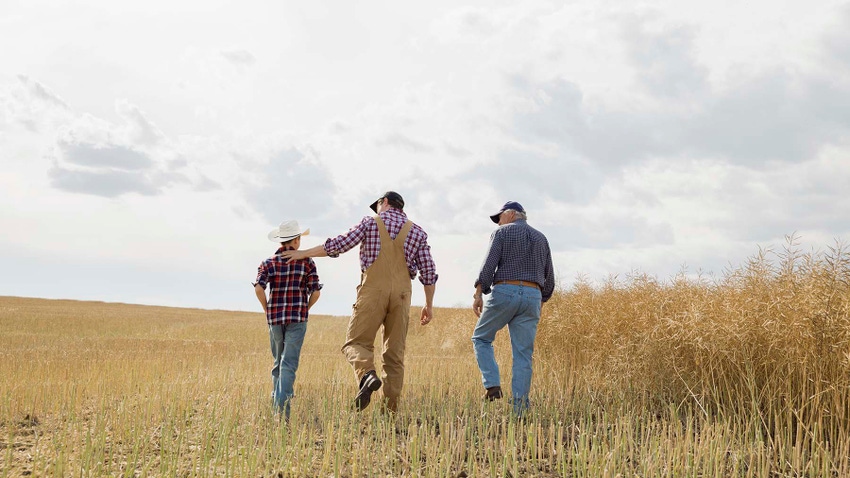
Most families get along and enjoy working together the majority of the time. This leads the family to believe they’re in alignment on every important issue. But too often enough differences exist over fundamental principles that could lead to friction, which only gets worse over time.
Can this be avoided?
Yes. Alignment around these principles falls under an underused area of transition planning called “family governance.”
This is critical in keeping the peace and creating a strong family farm.
Family farms are at their best when they are aligned in three areas in a well-implemented transition plan. This is not an exhaustive list, but each area has a simple and written agreement that all parties sign.
Compensation
Who gets paid what? How is it determined? Are we being paid rent? Are we paid part of the farm profits as owners?
When family farms are small, maybe just a single owner growing the farm and family, drawing from the farm checkbook is easy and fast.
This compensation method seldom works past one generation. The most successful family farms have a compensation system that rewards those who bring value to the farm, either in capital or skill. Many of these agreements do not treat everyone equally, but they are fair.
Perks
This agreement is a close cousin of compensation and defines all the perks of operating a farm. These include using farm equipment for personal use, taking up space to build the off-road jeep in the farm shop, filling up the suburban at the bulk gas tank, offering a food allowance, etc.
A mind-boggling array of perfectly legal and tax-efficient ways to use farm assets exists. However, suppose there aren’t some parameters around what is acceptable to all? In that case, there is a real chance some of the family will feel taken advantage of.
Here’s an interesting trend: As farms become larger, many families conclude that perks must be limited and business must be kept more separate from personal life.
Ownership
Here is a common occurrence: One partner transfers his shares of the farm corporation (or land) to his young children. Some of these kids end up working on the farm, while others never do.
The second partner looks at this and does not like the idea of being in business with a younger generation based on bloodlines. He believes ownership should be based on merit, and this merit is proven over time by work. Neither one of them is wrong.
People have different ideas all the time about transferring wealth. However, it seldom ends well when one family spreads ownership one way, and the other family spreads ownership another way. How the next generation joins the business, when they join it and what’s expected of owners must be aligned with all parties.
While many documents supporting family governance are not legal, per se, this document could have some legal attributes similar to a buy-sell agreement. You should probably get legal blessings before it’s signed.
Some of the strongest family farms don’t assume much, if anything, and talk through potential problems. They also document their key principles for operating.
Is it easy to bring this up?
No, it isn’t, because invariably, someone will feel that just talking about it means people don’t trust each other. But trust, alignment and transparency all link arms together to form a tight family and business bond that will help your farm and family avoid the issues that tear misaligned families and businesses apart.
Read more about:
Family FarmAbout the Author(s)
You May Also Like






